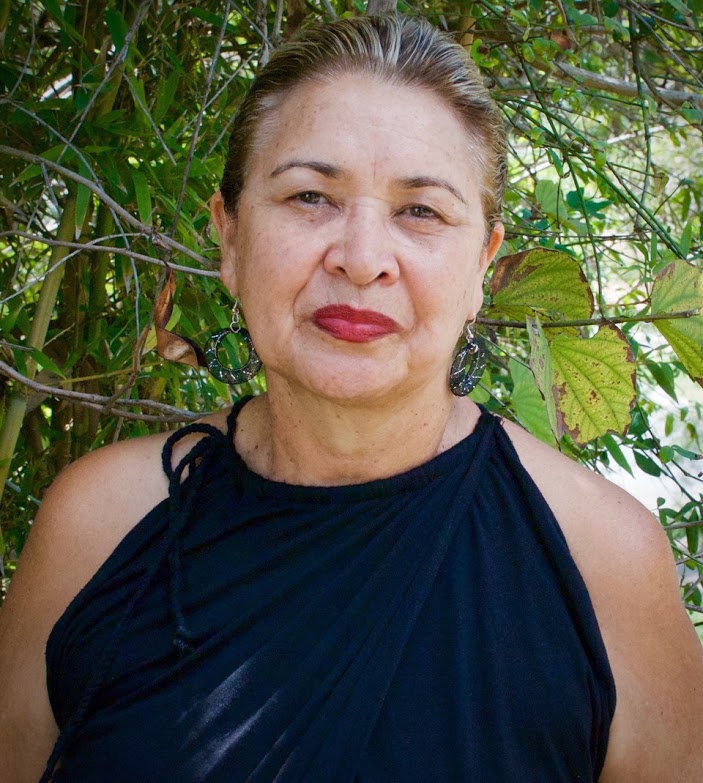These suggested strategies are drawn from recommendations developed and refined at the two symposiums on “Aboriginal and Torres Strait Islander Pathways to Success: Enhancing the Transition to Research Higher Degrees” in February and November 2016 and interviews with Indigenous Australian Research Higher Degree graduates and staff who work with Indigenous Australian Research Higher Degree students.
Individual staff
- Connect with Indigenous Australian undergraduate students and communicate the pathways to and benefits of undertaking RHDs
- Encourage Indigenous Australian undergraduate students to undertake research opportunities (e.g. summer/winter internships)
University Facilities/Schools
- Work collaboratively with the university’s Indigenous Unit/Centre and Graduate School to identify and nurture high-performing Indigenous Australian undergraduate students
- Provide research scholarships for Indigenous Australian undergraduate students that include an Honours year
- Develop undergraduate courses that have strong research components so that Indigenous Australian students can engage in research methods and develop research skills
- Utilise Indigenous Australian academics as role models, mentors and ambassadors to promote RHDs
- Provide welcoming and supportive spaces that demonstrate a culture of research
Indigenous Units/Centres
- Assign a designated staff member to focus on pathways into RHDs for Indigenous Australian students – ensure this is position focused rather than relying on an individual person
- Identify and nurture high-performing Indigenous Australian undergraduate students
- Encourage Indigenous Australian undergraduate students to gain research experience (e.g. summer/winter internships) or courses with research components
- Run masterclasses and seminars for Indigenous Australian undergraduates to explain what a RHD is, outline the professional and personal benefits of undertaking RHDs, provide examples of research that benefits Indigenous communities, discuss enrolment and admission processes, research ideas and supervision
- Emphasise the diverse career pathways from RHDs to Indigenous Australian undergraduate students and discuss how you can choose to work after completing undergraduate study but can return to do a RHD
- Highlight success stories from Indigenous Australian RHD graduates and create visiting fellowships for Indigenous Australian RHD graduates
- Work with industry representatives to target Indigenous staff who could return to university to undertake RHD study
- Develop outreach programs in schools and Indigenous Australian communities – demonstrate how a RHD is worthwhile
- Build a network/cohort of Indigenous Australian undergraduate students interested in Honours and RHDs
Graduate Research Schools
- Work collaboratively with the university’s Indigenous Unit/Centre and Faculties to identify and nurture high-performing Indigenous Australian undergraduate students
- Make enrolment processes clearer and quicker
- Offer bigger scholarships, top-up scholarships, and part-time scholarships for Indigenous Australian RHD students
- Provide a welcoming and supportive space

